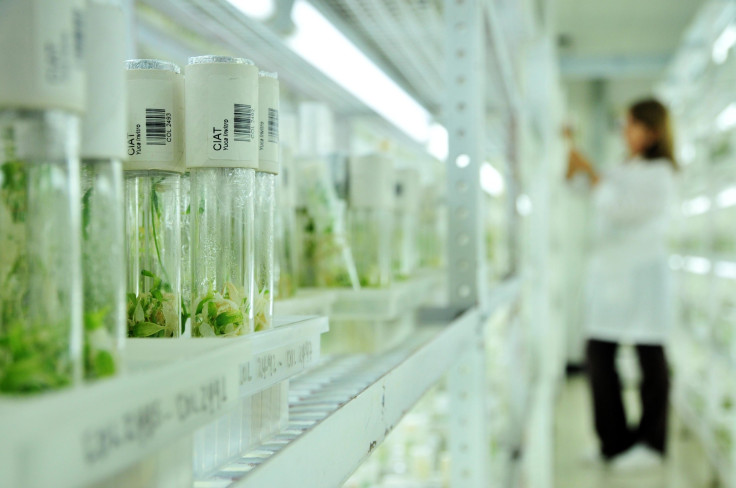Multiple-Birth Pregnancies From In Vitro Fertilization May Increase Risk Of Offspring's Mental Retardation

Mental retardation was slightly more prevalent among Swedish children born in multiple-birth pregnancies from in vitro fertilization (IVF), though they were no more likely than others to experience autism spectrum disorder.
A study including some 2.5 million children born in Sweden found a low but statistically distinct uptick in the rate of mental retardation among those conceived via various IVF treatments, researchers reported in the Journal of the American Medical Association.
"Between 1978 and 2012, approximately 5 million infants worldwide were born from in vitro fertilization," the researchers wrote. "No study has investigated the association between different IVF procedures and neurodevelopment, and few studies have investigated whether IVF treatments are associated with neurodevelopment after the first year of life.
"Few studies have looked at autistic disorder and mental retardation, 2 of the most severe chronic developmental disorders, affecting 1 percent to 3 percent of all children in developed countries," the researchers added.
Investigators at King's College London examined the link between various fertility treatments and risk of mental retardation and autism spectrum disorder, using Swedish national health registers containing data from 1982 to 2007. Included in the study were children who had received clinical examinations for the two conditions until December 2009, differentiating between such factors as whether sperm had been frozen or fresh, among other considerations.
More than 2.5 children who survived to at least 1.5 years of age were included in that cohort, including nearly 31,000 children born following an IVF procedure. Among that group, mental retardation was diagnosed in 1.1 percent of children, and autism spectrum disorder — previously known as autism disorder, in the Diagnostic and Statistical Manual, Fourth Edition, Text Revised — was found to affect 1.5 percent of children.
Compared to natural conception, IVF treatments were associated with a small increase in risk for mental retardation, though that link disappeared when considering only single births as opposed to multiple-birth pregnancies.
"The results demonstrated an association between autistic disorder and mental retardation and specific IVF procedures with [Intra-cytoplasmic sperm injection] related to paternal origin of infertility compared to IVF without [Intra-cytoplasmic sperm injection]," the authors wrote. "The prevalence of these disorders was low, and the increase in absolute risk associated with IVF was small. These associations should be assessed in other populations."
Investigators also considered the differences in technique used from country to country, noting that blastocyst transfer is more common in the United States than in Sweden, for example.
"To the best of our knowledge, this is the largest study examining the relationship between specific IVF procedures and autistic disorder and mental retardation, examining the full range of IVF procedures," the researchers wrote. "Our results should be applicable to most countries where IVF and ICSI are used. There are no major differences in equipment or laboratory work across countries but there may be some differences in choice of procedure."
Source: Sandin S. Study Finds In Vitro Fertlization Associated With Small Increased Risk Of Mental Retardation. JAMA. 2013.



























